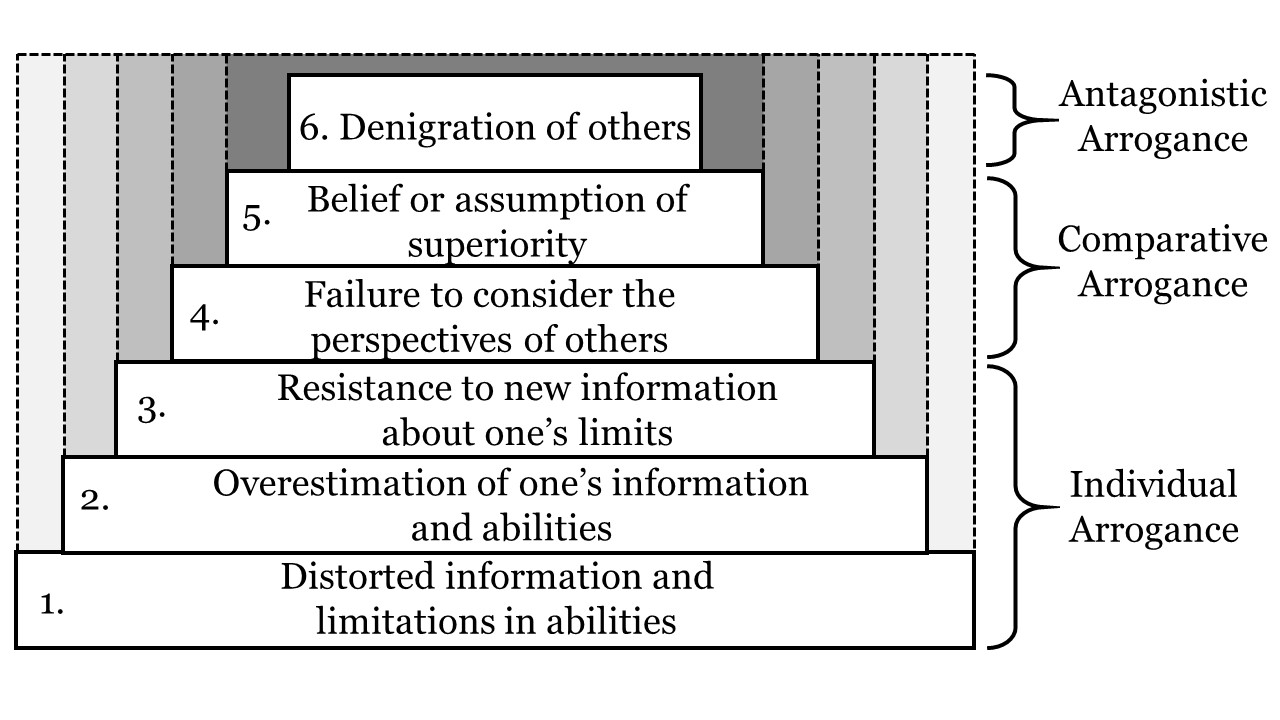COLUMBIA, Mo. — We’ve all met someone for the first time and quickly caught on that they can’t seem to stop talking about themselves or their accomplishments. While some people are definitely more arrogant than others, everyone carries a certain degree of arrogance around with them on a day-to-day basis. Now, researchers from the University of Missouri have created a first-ever “arrogance spectrum” that can be used to classify the condition on various levels, similar to the well-known autism diagnosis spectrum.
Surprisingly, the study’s authors say that there simply hasn’t been all that much research performed on arrogance up until now, so they performed a comprehensive literary analysis on the subject. They discovered that while it has been called different names, and described in varying degrees of detail, arrogance has been a common human trait dating back to ancient times.
 The research team is hopeful that their work will help provide an avenue to improve communication and dialogue across a variety of inter-personal relationships, ranging from romantic to professional.
The research team is hopeful that their work will help provide an avenue to improve communication and dialogue across a variety of inter-personal relationships, ranging from romantic to professional.
“We were surprised at the limited amount of modern research we found on arrogance,” explains study leader Nelson Cowan, a professor of Psychological Sciences in the MU College of Arts and Science, in a release. “Furthermore, we found it didn’t all come from one specific area. So we created a one-stop resource to inspire further research, including, but not limited to, possible medical diagnoses of personality disorders.”
In an effort to classify the varying degrees and types of arrogance a person may exhibit, they created a classification system that identifies three types of arrogance:
- Antagonistic Arrogance – Characterized by routinely speaking poorly about other people based on an especially lofty view of oneself; denigrating others.
- Comparative Arrogance – Characterized by frequently overestimating and overrating one’s own abilities, traits, or accomplishments in comparison to other people; assuming superiority over others & failing to consider the prospective of other people.
- Individual Arrogance – Characterized by an inflated or false opinion of one’s own abilities, traits, or accomplishments in comparison to reality; resistance to new information about one’s self-limitations, overestimating one’s abilities.
“Our system cannot offer a complete scientific understanding, rather it is intended to provide an analytical perspective on arrogance to help guide future psychological research,” Cowan concludes. “It could be applied to all types of relationships, such as interpersonal relationships, or even dialogues between nations and political groups.”
The study is published in the Review of General Psychology.
